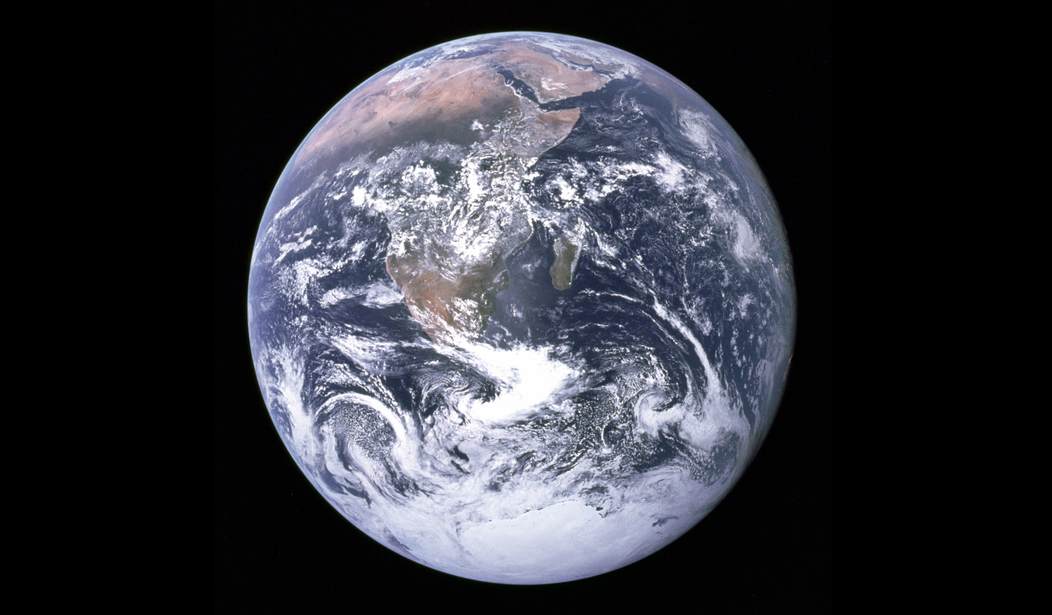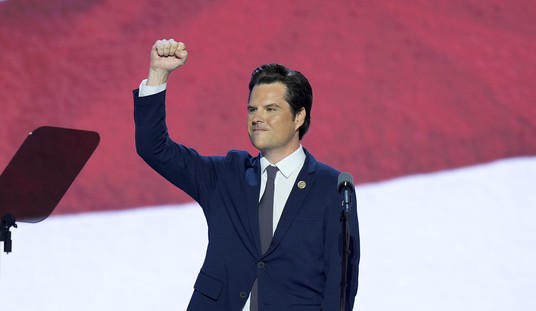The difference in the seasons between the Northern and Southern Hemispheres has always fascinated me. As a kid, I was a little jealous that Christmas was in the summertime in the Southern Hemisphere and that my birthday was in the springtime “down under.” Of course, as a Christian, I can appreciate it as proof of the immense variety of God’s creation.
It never occurred to me what it’s like to work in an organization or in a field where fellow employees are so spread out over the globe that some people work in the Northern Hemisphere while others work in the Southern Hemisphere. The inversion of the seasons may lead to confusion, or it could lead to wokeists with nothing better to do complaining about seasonal microaggressions.
An op-ed in the journal Nature came out in October, but it just came to my attention this week. Two climate scientists (which should clue you in on their leanings) from Australia, Melissa Hart and Negin Nazarian, wrote that using the season in your event invitations isn’t “inclusive.”
Hart and Nazarian write that “despite the clear signs of spring here, we find ourselves inundated with invitations to events that speak of fall or autumn, or newsletters announcing workshops that will run this coming winter. It leaves us wondering: are we invited at all into this season different from our own?” For crying out loud.
“This curious oversight, in which seasons, instead of months, are used for scheduling, is especially puzzling in the scientific community — a group known for its precision and careful communication,” they continue. “Why do we, of all people, persist in relying on region-specific seasonal markers? What is even more baffling is that this takes place in our fields of weather and climate science, with little regard for how different things might be outside the Northern Hemisphere.”
Let me grab the fainting couch!
How dare somebody give seasonal theming to an event and not consider that their brethren, sistren, or they/themren in the Southern Hemisphere aren’t in the same season? How dare we offend someone who is experiencing summer by inviting them to a winter event? That’s so rude!
I mean, if somebody sent me a Christmas card from Australia or New Zealand celebrating summer, I might burst into tears. Actually, no. No, I wouldn’t — because I’m an adult and can overlook the different season taking place south of the equator.
Hart and Nazarian continue by saying that the idea of using the seasons that pretty much everyone goes by is — gasp — Western-centric:
Even the widely used Western constructs differ in their start dates and definitions. For example, in Australia, where we are based, it’s common to use the meteorological calendar and start our seasons on the first day of the month, whereas in North America, astronomical seasons are used — winter in the United States begins on the winter solstice (21 or 22 December).
And it’s not just a matter of temporal accuracy — many parts of the world experience wet and dry seasons that are not reflected in distinctions between summer and winter. And Indigenous communities often use seasonal calendars that align with their local environments, reflecting a deep connection with nature’s cycles.
Good grief. It gets even better because Hart and Nazarian offer suggestions on how to remedy this problem that nobody has. Of course, they do.
“Avoid naming seasons for events or communication,” they write. “This might not be an issue when inviting researchers from a single country, but it’s crucial if you’re trying to attract an international audience.” Maybe I’m wrong, but I’m assuming that this “international audience” is made up of grown-ups rather than preschoolers.
“Provide specific dates and months,” they continue. “Even saying ‘summer (Northern Hemisphere)’ implies the Euro-American-centric approach. The simple use of a month instead removes any confusion.”
Who’s confused? I thought we were still talking about adults here. And if they’re scientists, many of them have advanced degrees. Shouldn’t these people be knowledgeable enough to say, “Oh, they’re saying winter because they’re in the U.S.” and not have “any confusion”?
“Respect work-life balance consistently around the globe,” they write in their most galling suggestion. “It’s well-known that August is often avoided for events owing to European holidays. Let’s extend the same courtesy by steering clear of scheduling major events in January, when many in the Southern Hemisphere are on holiday, and many in the world are celebrating the lunar new year.”
In other words, don’t you dare find something to celebrate during the dreariest months of the year, you Euro-American-centric bigots! Respect the fact that your friends in the Southern Hemisphere are living it up during their summer. Just suck it up and be miserable and cold.
I have a suggestion of my own. Why don’t we all just be grown-ups who understand that different parts of the world experience the seasons differently? We can celebrate the opposite seasons with our friends without trying to find every little thing offensive. Isn’t that a revolutionary idea — not to mention a lot more fun?










Join the conversation as a VIP Member